A wide variety of topics across the liberal arts disciplines, with something for every interest and curiosity
Contact collegedeans@georgetown.edu if you have any questions about the First-Year Seminars.
First-Year Seminars are unique courses exclusively for first-year students in the College of Arts & Sciences. These courses are designed to enhance the first-year experience by creating small, intellectually rich communities with faculty and peers.
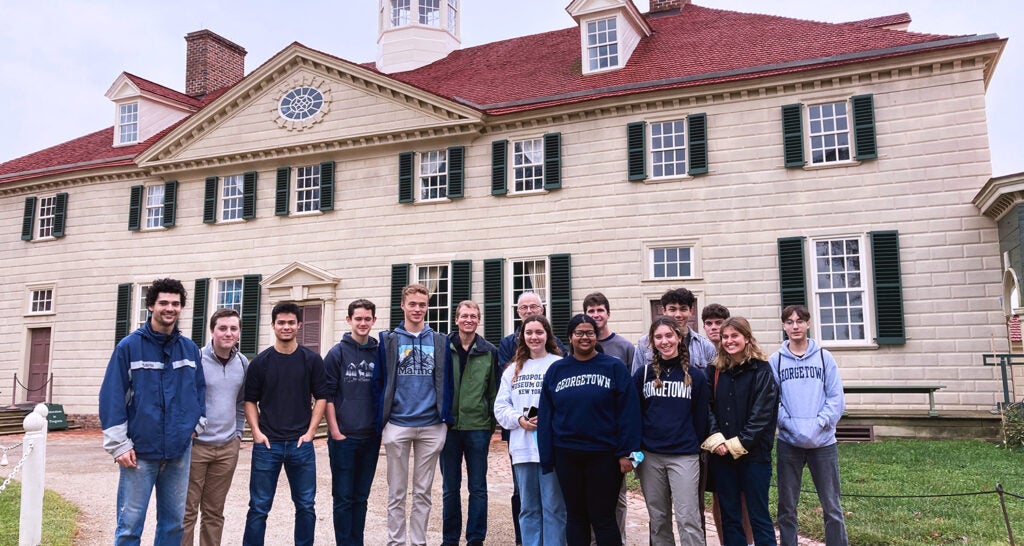
— Capped at 16-20 students per seminar
— Connect new students to a faculty mentor
— Introduce students to foundational academic skills
— Introduce students to the intellectual life of the university
— Include experiential learning activities
We invite you to begin your Georgetown University College of Arts & Sciences experience with a First-Year Seminar. Applications must be submitted by Wednesday, July 10, 9:00 a.m. EDT in order to be considered. Applicants will be notified of their selection by Monday, July 22. If you are placed into a seminar, you will build the rest of your fall schedule around your seminar.
Who May Apply: All first-year students in the College of Arts & Sciences
Requirement fulfilled:
HIST-1410 fulfills the History Focus (HIST-1099) portion of the core requirement in History. Students who place out of the History Focus requirement with advanced placement or other types of pre-college credit may still take this course and count it for the College core.
ENGL-1320 fulfills the HALC: Humanities: Arts, Literature, and Cultures core requirement. It also counts as an elective course in the English major or minor, and it fulfills the pre-1800 literatures requirement of the English major.
Taught by: Tommaso Astarita, Department of History and Patrick O’Malley, Department of English
Course ID: HIST 1410-01 and ENGL 1320-01
Course Meeting Times: TThF 2pm-2:50pm and TThF 3pm-3:50pm
This team-taught interdisciplinary seminar focuses on the cultural and historical developments of Europe and its colonies in the eighteenth century, the era of the Enlightenment. Through literary and historical analysis, we will consider how political, scientific, economic, social, and religious developments interacted with literary, intellectual, and artistic movements and expressions. Specific themes include the relationship between religion and the state; the emergence of representative government and of a global consumer economy; the rise of new literary genres such as the novel; debates about race and gender; and the philosophical intertwining of reason and sentiment. Careful reading of texts, active class discussion, and close attention to writing will be central to our work.
We also hope to visit George Washington’s estate at Mount Vernon, attend a relevant stage performance, and visit the National Gallery of Art.
ABOUT PATRICK O’MALLEY
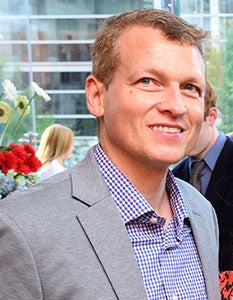
I was born in New York City and grew up in both the American Southwest and Northeast. My mother studied art education in college and my father taught mathematics. With that background, I was attracted to both the humanities and the sciences; as an undergraduate, I initially majored in comparative religion, then switched to organic chemistry, and I later entered a graduate program in English. I’m enthusiastic about working with students who are continuing to develop their passions and goals. My own research and teaching primarily focus on British and Irish literature of the eighteenth and nineteenth centuries.
ABOUT TOMMASO ASTARITA
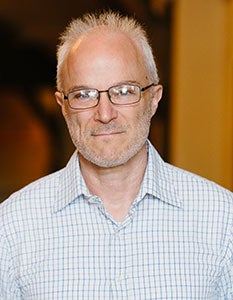
I grew up in Naples, Italy. My mother was a teacher and art historian and my father taught engineering at the University: from them I learned that teaching was both fun and challenging, and to love art and the history of culture. I came to the United States for graduate school and have been teaching ever since. I continue to enjoy interacting with smart young people, helping them develop their skills and interests, and learning from and with them. My own main interest is the culture and history of western Europe between the Renaissance and the eighteenth century.
Who May Apply: All first-year students in the College of Arts & Sciences
Requirements fulfilled:
HALC: Humanities: Arts, Literature and Cultures
Pathways to Social Justice
Taught by: Sherry Linkon, Department of English
Course ID: AMST 1051-01 and AMST 1101-01
Course Meeting Times: W 5pm-5:50pm and MW 3:30-4:45pm
Washington, DC has always been an unequal city, divided by race and class, but it has also been a city of strong communities and struggles for justice. Two hundred years ago, when the U.S. Capitol was just being completed, the Georgetown neighborhood was home to both slave auctions and the first schools for Black children.
One hundred years ago, an educated Black elite was creating schools and organizations to uplift the race while actors, musicians, and entrepreneurs were building “Black Broadway.” Fifty years ago, DC was a predominantly Black “Chocolate City” with limited economic opportunities and deteriorating neighborhoods — but it was also electing the first of many local Black leaders.
By the early 2000s, young, highly-educated, mostly white professionals were moving to the city, attracted by the nightlife of U Street and by DC’s history as a center of Black culture. Today, as gentrification continues to reshape the physical and social landscape of the city, DC still wrestles with racial and economic inequality.
In this 3-credit seminar, we’ll read and discuss academic studies and fiction, listen to music, examine maps and photographs, and develop projects that make connections among varied materials and perspectives. In the accompanying 1-credit lab, you’ll venture off the Hilltop and into the city’s neighborhoods to explore how the ideas we encounter in the classroom play out on the streets.
ABOUT SHERRY LINKON
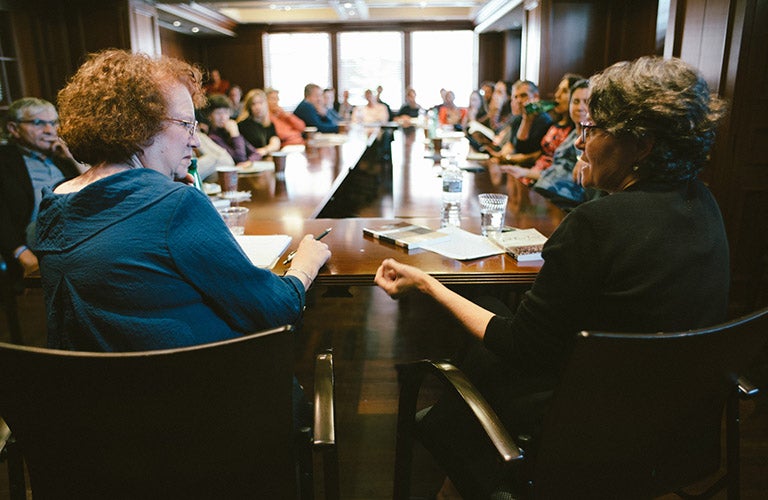
As a Professor of English and American Studies, I use literature, the arts, media, history, geography, and social theories to explore the intersections of race, class, and place. Most of my research has focused on deindustrialization and economic change, and my latest project examines how Black women’s writing and photography challenges standard ideas about work and community.
Who May Apply: All first-year students in the College of Arts & Sciences
Requirements Fulfilled:
Pathways to Social Justice
Taught by: Brian Hochman, American Studies Program
Course ID: AMST 1020-01
Course Meeting Times: TTh 2pm-3:15pm
This seminar explores the history of law enforcement in the United States, with a particular focus on its relevance to contemporary struggles for racial justice. Drawing on a variety of primary and secondary source materials—from historical accounts of police practices to critical arguments for police reform and abolition—we will trace three interlocking historical threads across time:
1) the evolution and modernization of police institutions; 2) the nationalization of law enforcement imperatives; 3) the persistence of selective police enforcement, disproportionately targeted toward Black and immigrant communities.
Our goal is to develop a common language for understanding some of the most urgent political issues of our time: police surveillance and militarization, force and violence, immigration and border enforcement, and the movements for restorative justice and prison abolition.
ABOUT BRIAN HOCHMAN
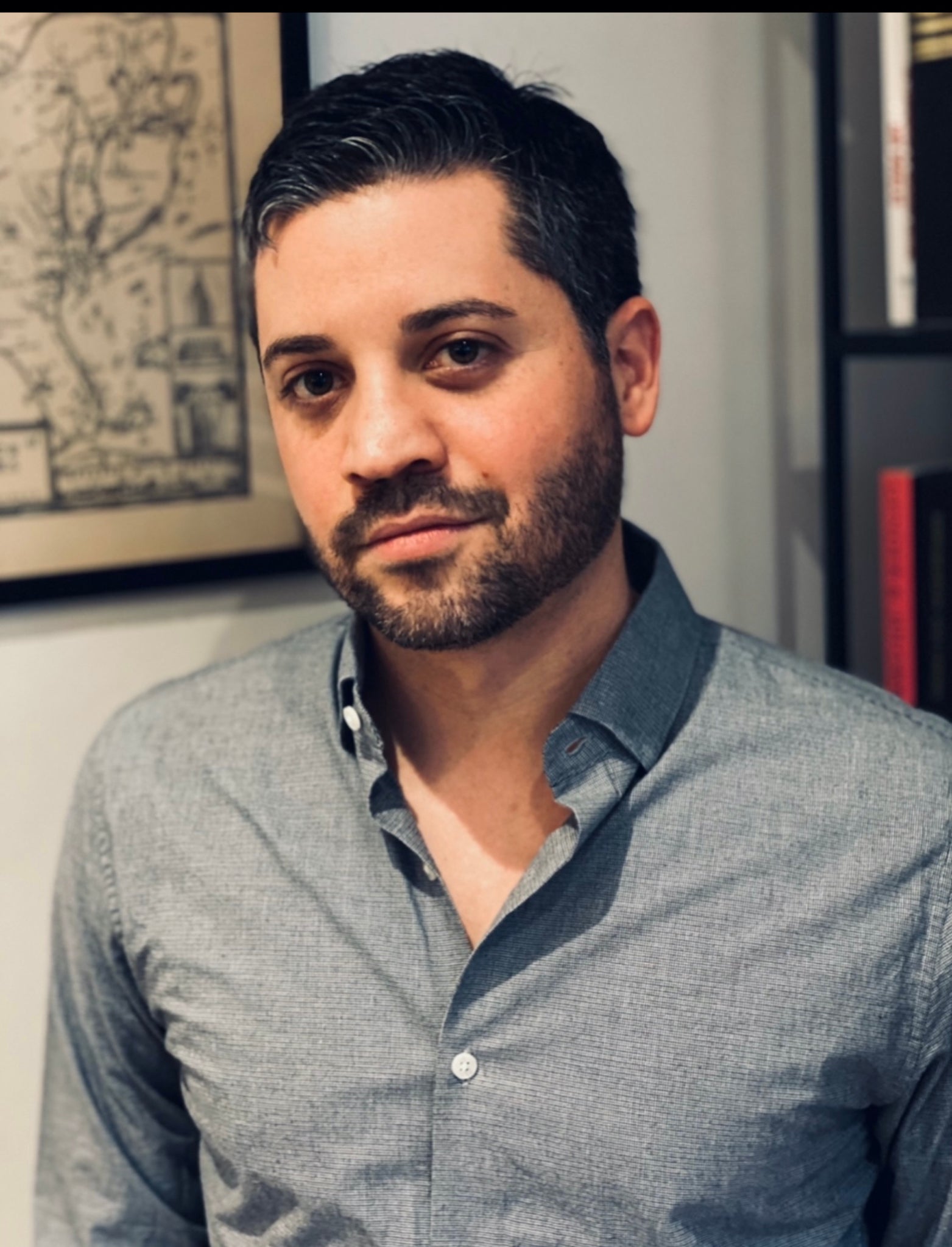
I grew up in Cleveland, Ohio and worked in children’s publishing before pursuing a doctorate in American Studies. I came to the topic of this seminar while researching a book on the history of wiretapping and electronic eavesdropping in the United States—a story that intersects with the evolution of American police practices. At Georgetown, I teach a wide range of courses in nineteenth-and twentieth-century U.S. literature, culture, and politics.
Who May Apply: All first-year students in the College of Arts & Sciences
Requirements fulfilled:
Social Science (one of two in Government)
One foundational course in the Government major or minor
Taught by: Joseph Hartman, Department of Government
Course ID: GOVT 1210-01
Course Meeting Times: TTh 2pm-3:15pm
What do we mean when we refer to “free” speech? Does it include hate speech? What about offensive symbols? Commercial advertisements? Verbal threats? And even if we can begin to answer those questions, we might further ask: under what conditions can we even consider speech “free” in the first place?
These urgent problems occupy the heart of the U.S. Supreme Court’s First Amendment jurisprudence, which determines the extent to which the law requires protection of, inter alia, fighting words, obscenity, incitement, symbolic speech, commercial speech and hate speech. This course provides students with a solid grounding in that jurisprudence. In so doing we will assess and examine the evolving tests, standards and approaches found in the decisions of the United States Supreme Court as well as the philosophical and theoretical foundations upon which these legal doctrines rest and upon which they are challenged.
ABOUT JOSEPH HARTMAN
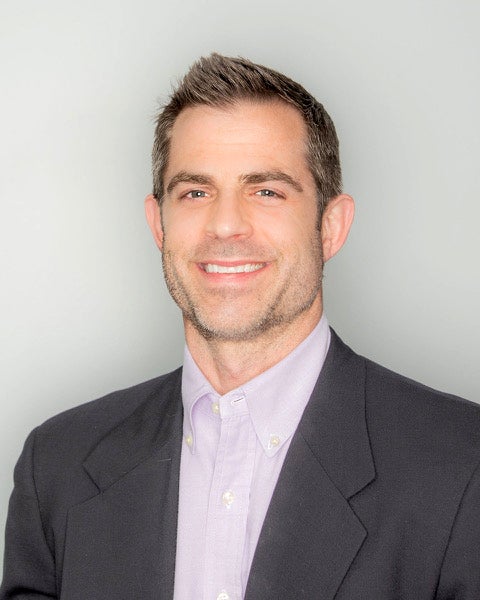
More than a decade ago I initiated a significant career transition, leaving a full-time litigation practice to pursue an academic career. I arrived on the Hilltop as a first-year Ph.D. student in 2009—and I never left! My teaching now focuses on constitutional law and the history of political thought, interests I see as complementary; one might think of constitutional law as political theory put into legal terminology. That said, I recognize that many students may find the study of law unfamiliar, challenging, and even intimidating. I work to change that—and this shapes the course material and the educational climate I seek to foster: one of collaboration, trust, and active, engaged exploration.
Who May Apply: All first-year students in the College of Arts & Sciences who are new to the study of French
Requirements fulfilled:
This course is the equivalent of Introductory French I, the first course toward completion of the core language requirement in French. To complete the requirement, students will need to continue their study of French through the intermediate level.
One 3-credit course
Taught by: Aaron Emmitte, Department of French and Francophone Studies
Course ID: FREN 1002-02
Course Meeting Times: MWF 9-9:50am
In Français Sans Frontières, students will learn the foundations of the French language while exploring the culture, history, politics, and present-day challenges of the French-speaking world. Through weekly lectures, active class discussions, site visits, and immersive activities with native Francophones from around the world, students will gain a profound appreciation for the global impact of the French language and for those who speak it.
The primary language objectives include: to introduce students to the basics of the French language, to teach students how to express themselves in French (both written and orally), and to help students develop their comprehension skills of written and spoken French.
This seminar’s cultural objectives include: to introduce students to the diverse history of the French-speaking world, to examine the role of France and the French language today, and to explore Francophone literature, art, cinema, and food.
ABOUT AARON EMMITTE
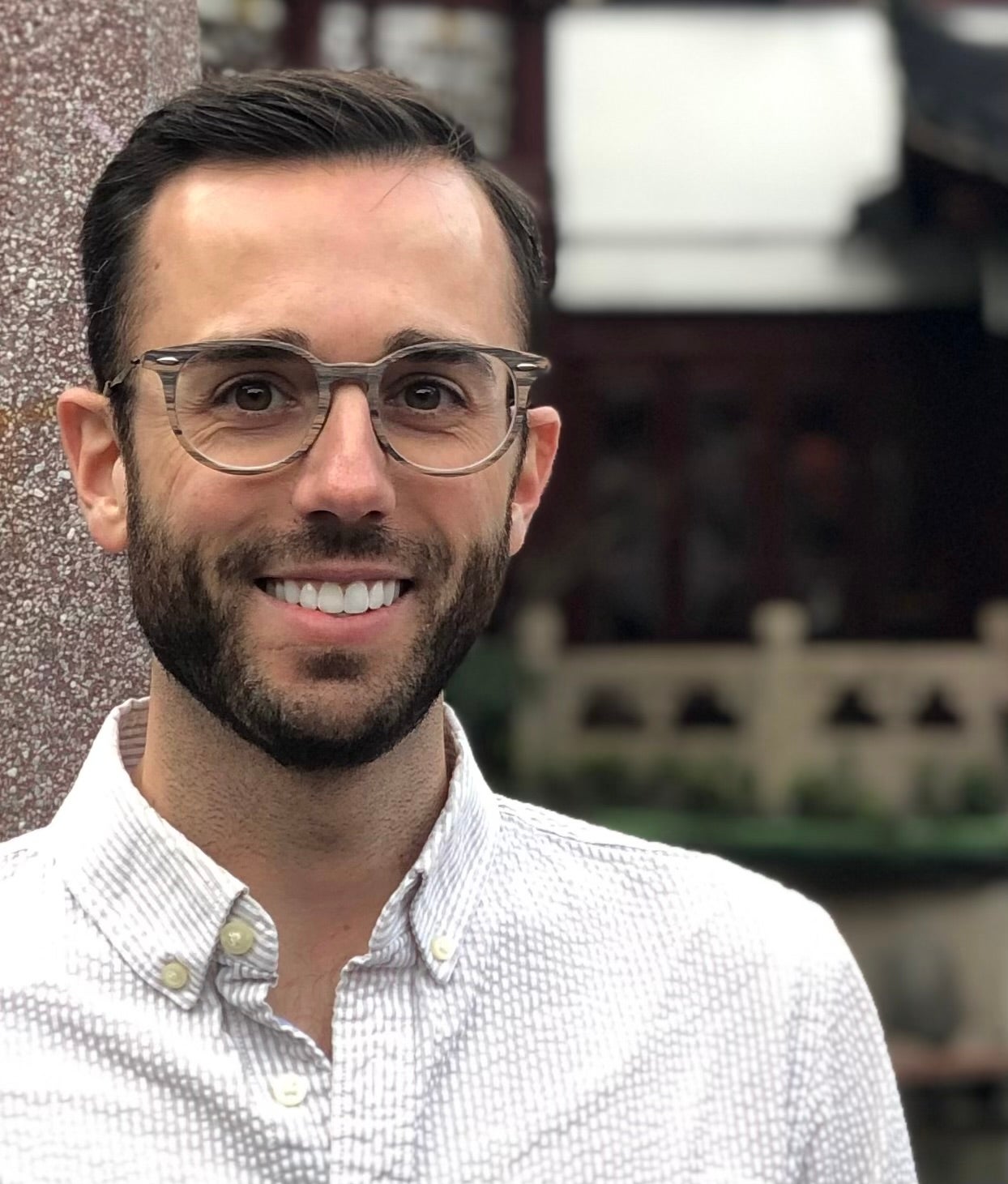
I first fell in love with French during a family trip to Paris following my high school graduation. The food, the culture, the architecture, and of course the beauty of the language itself—I knew at that moment that I wanted to learn French. So, my first year in college I decided to take Introductory French as one of my electives, and by the end of that year I was declaring my major. I then went on to earn my Ph.D. in French and Sociolinguistics. For over ten years now I have served as the Introductory French Program Coordinator at Georgetown, where year after year I delight in sharing my passion for this language with new students.
Who may apply: All first-year students in the College of Arts & Sciences entering with a declared major in a language, Linguistics, or Global and Comparative Literature.
Course/credit equivalencies:
In the fall, Intro to Biblical Literature (3-credits), Intro to Language (3-credits), and Intro to Global Literature (3 credits), plus the biweekly Colloquium (1-credit), for a total of 10 credits. Note that this is in addition to a language course at your language learning level (required for language majors; recommended for linguistics majors).
Requirements Fulfilled:
Fall: Theology (one of two), Social Science (one of two in Linguistics)
HALC: Humanities: Arts, Literature, and Cultures
Spring: Social Science (one of two in Anthropology), History (one of two)*
Course IDs:
Intro to Biblical Literature, THEO-1100-02
Intro to Language, LING-1000-01
Intro to Global Literature, GCPL-1001-01
Hager Scholars Colloquium, CASS-1450-01
Course Meeting Times: MTR 9am-9:50am, TRF 10am-10:50am, MW 11am-12:15pm, F 1pm-2:30pm
*Hager Scholars should avoid enrolling in a history survey course in the fall, as the requirement will be completed through the program in the spring semester.
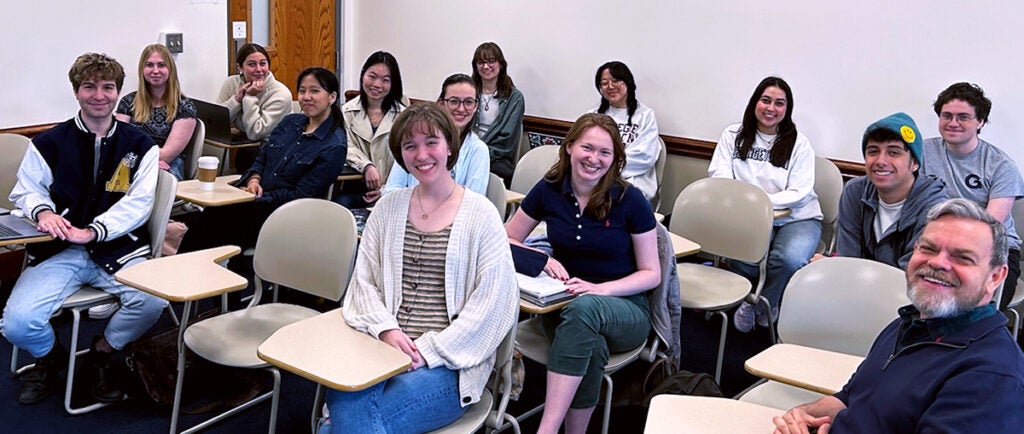
Named in honor of Dr. Serafina Hager, a long-serving Italian professor and dean, the Hager Scholars Program in Literatures, Cultures, and Language Studies showcases and celebrates the incredible strength and diversity of language study at Georgetown. In addition to a course in their declared major, Hager Scholars take a series of courses that fulfill core requirements, taught by faculty who are particularly interested in the ways that language study informs their fields.
Additionally, Hager Scholars engage in a yearlong Colloquium organized around the theme of Social Inclusion, Language, and Identity. The biweekly, 1-credit Colloquium is designed to familiarize students with the tools and methods of academic and intellectual inquiry, as well as to introduce students to language faculty and their research interests.
Guided by the Colloquium Director, Professor Anne Thinglum, students will formulate their own research topics, ask questions, and articulate the challenges and triumphs they encounter as they embark on doing college-level research around themes that inspire them. The Colloquium will also expose students to cultural opportunities and outings in Washington, and encourage them to explore opportunities available to language majors in DC and beyond.
Who May Apply: All first-year students in the College of Arts & Sciences
Requirements fulfilled:
Science for All
Taught by: Jennifer Fox, Department of Biology
Course ID: CASS 1491-01
Course Meeting Times: MW 11am-12:15pm
In this course we will explore evolutionary mechanisms to understand how they have shaped many aspects of our daily lives, such as our health, the foods we eat, the pets in our homes, and our relationships with each other. We will also discuss how we can apply these ideas to understand current problems, like emerging diseases or antibiotic resistance, and to prevent future ones.
ABOUT JENNIFER FOX
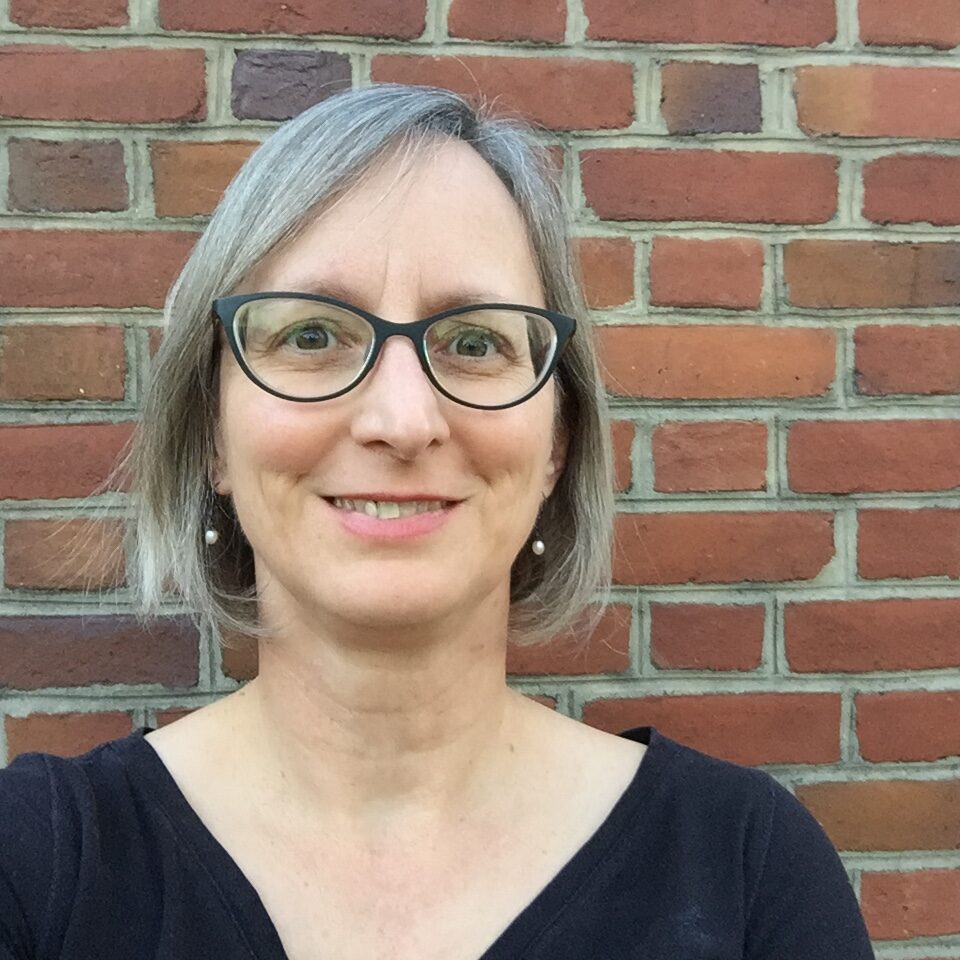
My fascination with evolution grew out of interests in science and history; evolution marries these disciplines. Studying evolution has sent me on many adventures – I’ve time-traveled into the past and been to incredible places like the bottom of the most polluted lake in the US, the New Zealand and Swiss Alps, and the Peace Corps in Kazakhstan. My desire to share the grandeur of evolution in particular and biology in general led me to teaching. At Georgetown I teach courses about evolution, ecology, and environmental issues.
Who May Apply: All first-year students in the College of Arts & Sciences
Requirements fulfilled:
One half of the core history requirement for students with eligible AP or IB scores, or eligible international exam scores.
One History major or minor elective, or One Justice and Peace Studies major or minor elective, or One Environmental Studies minor elective
Pathways to Social Justice
Taught by: Meredith McKittrick, Department of History
Course ID: CASS 1491-02
Course Meeting Times: MW 2pm-3:15pm
In this seminar, we’ll look at the world through the unequal distribution of environmental resources and environmental harms and ask how it got that way. We’ll trace the legacies of colonialism, slavery, and industrialization. We’ll get off the Hilltop and see how environmental inequality manifests itself in DC and its surrounding areas. And we’ll research cases of environmental inequality and environmental justice in the places we all call home.
ABOUT MEREDITH MCKITTRICK
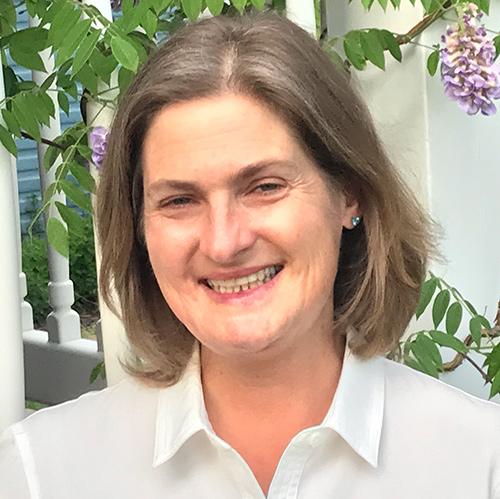
I do most of my research in southern Africa, home to the continent’s largest white population, to the world’s most unequal countries, and to some of the planet’s most unique environments. My work explores how people conceptualize the environment and how political, economic and social factors shape our relationships to the non-human world. My book about a 1920s scheme to engineer the climate in South Africa will be published in October. Currently I’m working on another book that explores human relationships to rivers.
Who May Apply: All first-year students in the College of Arts & Sciences
Requirements Fulfilled:
Theology (One of two; equivalent to The Problem of God)
One Theology major or minor elective
Taught by: Erin Cline, Department of Theology and Religious Studies
Course ID: CASS 1491-03
Course Meeting Times: Th 3:30pm-6:00pm
From the sages and philosophers of the Confucian, Daoist, and Buddhist traditions to those of the ancient Greek, Christian, and Jewish traditions, we will travel the world through some of the greatest texts ever written in search of what human flourishing meant not only throughout human history, but what it means for us today.
ABOUT ERIN CLINE
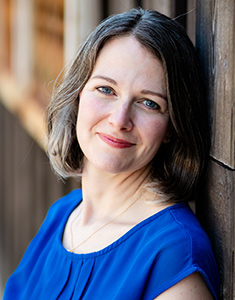
I grew up on the beaches of Homer, Alaska, the daughter of a cultural anthropologist and a music teacher. A love of bluegrass and traditional Irish music originally led me to major in music in college. But after studying abroad in China, my fascination with ancient Chinese texts led me to graduate school to study Chinese and comparative philosophy. My five books all explore how Asian philosophical and religious traditions can help us respond to a variety of contemporary challenges and engage in dialogue with different traditions and cultures. I recently became the first woman to translate the ancient Confucian Analects into English, and my translation will be published next year.
Who May Apply: All first-year students in the College of Arts & Sciences
Requirements Fulfilled:
Social Science (one of two with Sociology)
One Sociology major elective
Pathways to Social Justice (PSJ)
Taught by: Corey Fields, Department of Sociology
Course ID: CASS 1491-04
Course Meeting Times: MW 2pm-3:15pm
In this seminar, you will gain a broad introduction to interdisciplinary perspectives on contemporary social movements. Specifically, the course uses the experiences of African Americans to provide a more general understanding of the historical development, cultural impact, and political successes of a range of post-1960s US social movements.
ABOUT COREY FIELDS
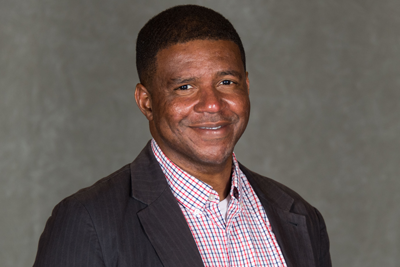
Growing up in Memphis, TN, I was always fascinated by how the groups you belonged to had such a powerful force in day-to-day experiences. Whether in conflicts between jocks and nerds, students and teachers, or indie rockers and hip-hop heads, questions of identity – the boundaries we draw between “us” and “them” – were simultaneously cognitive, political, and moral. The groups with which we identify shape how we see the world and outline viable and acceptable routes of action. This has been true in my own life and animates my intellectual interests. Today, my research explores the role of identity – at both the individual and collective level – in structuring social life, and contributes to the ongoing analysis of the relationship between identity, experience, and culture.
Who May Apply: All first-year students in the College of Arts & Sciences
Requirements Fulfilled:
Humanities: Arts, Literature, and Culture (HALC)
One Studio Art major or minor elective
Taught by: Scott Hutchison, Department of Art and Art History
Course ID: CASS 1491-05
Course Meeting Times: MW 9:30am-12pm
Drawing at its core is a form of creative expression and visual storytelling. In this seminar, students of all levels will explore its rich history through the use of a diverse array of materials, techniques and subject matter.
Through in person demonstrations, museum visits and presentations of artists from differing backgrounds, students will learn various aesthetic approaches.This course aims to foster a unique setting in which students learn from one another by drawing together, sharing their art and discussing their work in an open and collaborative environment.
Through this shared experience, students may discover a deep appreciation for the visual arts through drawing.
ABOUT SCOTT HUTCHISON
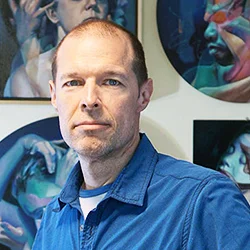
Do you remember the first piece of artwork that moved you? Whether it was an oil painting, a movie or a piece of music – the impact can be long lasting and real. For me, it was Francis Bacon’s Study after Velasquez’s Portrait of Pope Innocent X (1953) at Des Moines Art Center. I was only twelve at the time, but after forty years I still strive for the same reaction I felt then in my own artwork. I am a figurative painter and describe my current work as complex layers of half-truths. Inspiration for my work comes from the notion that our conscience is guided by our experiences and the limitless decisions we make each day.
Who May Apply: All first-year students in the College of Arts & Sciences
Requirements fulfilled:
General Philosophy
Taught by: Kate Withy, Department of Philosophy
Course ID: CASS 1491-06
Course Meeting Times: TTh 6:30pm-7:45pm
Friedrich Nietzsche’s Thus Spoke Zarathustra has been described as both a failure and a masterpiece. We will read this philosophical-literary text closely, asking how it challenges us to reconceive our lives and what it takes to read such a book. Students will gain skills in interpretive reading and analytic writing as well as an in-depth knowledge of Nietzsche’s text.
ABOUT KATE WITHY
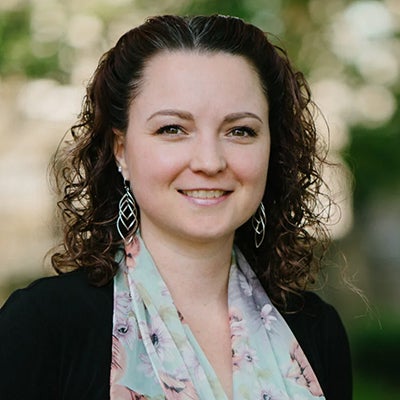
I like reading difficult books—books that need to be read and reread, books that make you wonder how to read them, books that make you see things differently. In my research, I work on one of the most difficult books in German philosophy: Martin Heidegger’s Being and Time. I started reading this book more than 20 years ago, and I haven’t finished yet! Difficult books such as this need to be read more than once and in the company of other curious and smart readers. Reading a book in this way is one of the great pleasures of a well-rounded life, and I firmly believe that we should all do it more often.
Who May Apply: All first-year students in the College of Arts & Sciences
Requirements fulfilled:
One half of the core history requirement for students with eligible AP or IB scores, or eligible international exam scores.
One history major or minor elective
Taught by: Bryan McCann, Department of History
Course ID: CASS 1491-07
Course Meeting Times: WF 2pm-3:15pm
Skateboarding emerged in California in the 1960s. As it expanded around the globe, new adherents sought to retain its countercultural edge. Skateboarding became more diverse, and took on new manifestations. But skateboarding is now a billion dollar industry. Has its countercultural veneer worn thin? We will explore the growth of skate scenes around the globe. We will visit local skate parks, meet key practitioners, and conduct research on the meanings and implications of skateboarding around the world.
ABOUT BRYAN MCCANN
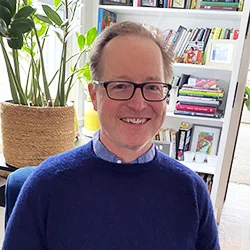
I’m a social and cultural historian, primarily of Brazil. I was a skate punk in the mid-1980s, then abandoned the sport for thirty years, picking it up again in the process of teaching my children to longboard. This prompted me to explore how skateboarding had changed in the meantime, and to combine my scholarly interest in the deep cultural patterns guiding our pursuits and my rediscovered love of skating.
Who May Apply: All first-year students in the College of Arts & Sciences
Requirements Fulfilled:
Humanities: Arts, Literature, and Culture (HALC)
One Theater and Performance Studies major or minor elective, or
One English major or minor elective
Taught by: Christine Evans, Department of Theater and Performance Studies
Course ID: CASS 1491-08
Course Meeting Times: MW 12:30pm-1:45pm
We live in a noisy, anxious world. Here, we slow down to explore a new approach to creative writing. Through a combination of structured silent writing time, meditative techniques, and visits to view visual and performing arts, students will complete one open-genre creative project, and learn how to develop their writing as a technology of thinking, rather than as a transcription of ideas.
ABOUT CHRISTINE EVANS
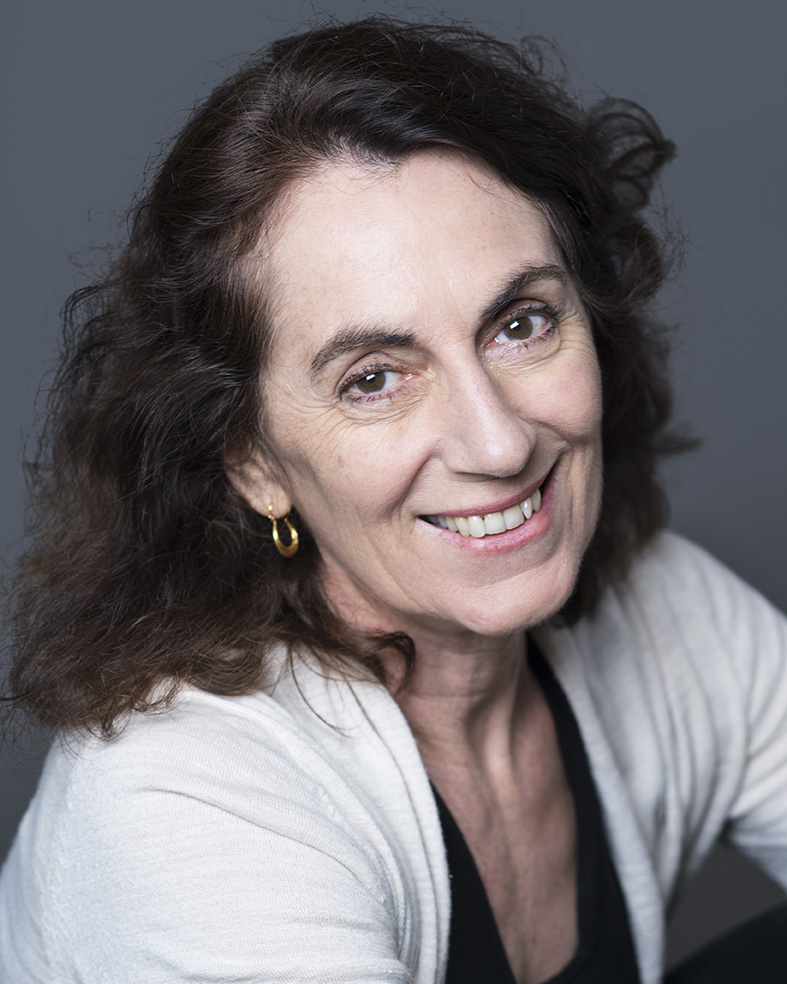
I’m Australian, grew up in three different countries, and began my artistic life as a traveling musician. Now I write plays, opera libretti and novels: the common thread is socially engaged topics through a poetic and feminist lens. I’m inspired by what silence, contemplation, and cross-art-form practices can offer, in both my own writing practice and my teaching.
Who May Apply: All first-year students in the College of Arts & Sciences
Requirements Fulfilled:
Social Science (one of two with Sociology)
Engaging Diversity: Domestic
Taught by: Karolyn Tyson, Department of Sociology
Course ID: CASS 1491-19
Course Meeting Times: TTh 11am-12:15pm
Most of us are familiar with the 1954 Brown v. Board of Education decision. Some of us may have even celebrated or acknowledged the anniversary of the decision in our schools or communities in the past. But how much do you really know about this historic case?
Using a sociological lens that challenges us to consider the social forces that shape our institutions and everyday experiences, this course provides an opportunity for you to explore those questions through existing research, documentary films, guest lectures, local exhibits, and your own original research on the K-12 educational experiences of your peers.
About Karolyn Tyson:
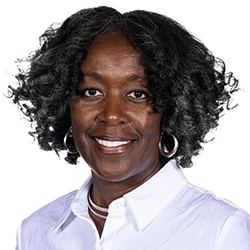
I took a psychology course in high school and I was captivated by the readings and discussions on human behavior and the mind. I was sure I would major in psychology in college. But once I was introduced to sociology, everything changed. Sociology helped me to make sense of the world around me and gave me tools to ask and answer questions that interested me, especially on topics of social inequality, stratification, and race. I felt empowered. I became a sociology professor because I wanted to give students the same sense of wonder and curiosity that drew me to sociology as I discovered new knowledge about the social world and new ways of viewing it.
Who May Apply: All first-year students in the College of Arts & Sciences
Requirements Fulfilled:
Philosophy: Ethics
Taught by: John J. DeGioia, President, Georgetown University
Course ID: CASS 1491-09
Course Meeting Times: M 9am-10:45am
A reflection attributed to Winston Churchill states, in part: “…No one pretends that democracy is perfect… Indeed, it has been said that democracy is the worst form of Government except all those other forms that have been tried….” Benjamin Franklin, at the conclusion of debates about the construction of the US constitution in 1787, was asked whether “we” had a monarchy or a republic. “A republic, if you can keep it,” he replied. Both famous remarks suggest that what the men referred to was not a fait accompli. In this Ignatius Seminar, we acknowledge that reality, recognizing that so many experiments in this form of governance have failed to survive. We shall ask is why that is so—and, too, why some such efforts manage to thrive.
We will examine the assumptions implied by the architecture of democracies. Are there rules, both explicit and implicit, that enable democracies to stand and flourish—or lead to, if not seemingly guarantee, decay and dissolution? Indeed, who would determine, and be authorized to create, these rules, and how would that happen, why, and when? Crucially, can rules change, if need be? Who determines that need? By what mechanism(s) does such change happen? How does the “perfect union”—of, by, for the people—not only actually occur but sustain itself as well?
In addition, we will look at core characteristics of democratic governance, particularly the obligations of citizens and residents, in tandem with societal and civic perceptions these participants hold. How far apart is the ideal from the reality? What happens if everyone isn’t in agreement? What are the tensions, if not seeming contradictions, among the various “truths” and “pursuits” that are expressed in America’s founding documents, for instance? Can everyone live with them? Together? How?
The extensive seminar readings address the United States and Western societies, but not exclusively; they examine historical situations but also bring us to the present. Through these readings and class discussion we will explore the work of the form of governance Churchill and Franklin referred to and what practicing it does and does not entail. Such emphasis on practice invites complexity and elicits insights that will draw upon our civic imaginations accompanied by our good will.
ABOUT PRESIDENT JOHN J. DEGIOIA
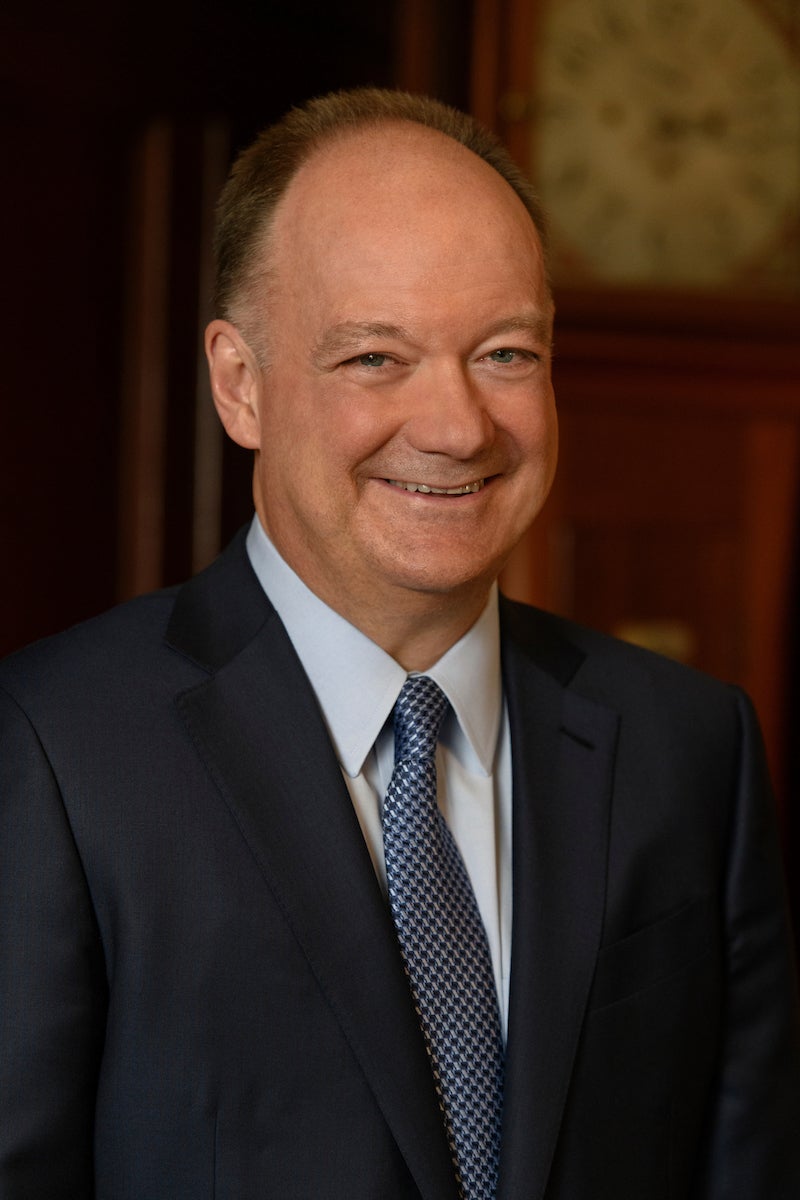
I discovered my vocation here at Georgetown. I arrived as a first-year student and I have been here ever since. At every stage in my formation, Georgetown provided me with an opportunity to develop myself to the very best of my talents and abilities. Here, I studied with extraordinary individuals—the faculty of Georgetown—as well as incredibly gifted students. There is a generosity of spirit that has characterized my experience with our faculty and students. As an undergraduate, my major was English, with a focus on poetry. When it came time for my graduate studies, the emerging strength of our department of philosophy in practical ethics made this the very best place for me to be. For more than 35 years now, I have served in a range of administrative positions. In this Ignatius Seminar, I hope all these experiences help to animate our discussions as we examine democracy.
Who May Apply: All first-year students in the College of Arts & Sciences
Requirements Fulfilled:
One half of the core history requirement for students with eligible AP or IB scores, or eligible international exam scores.
One History major or minor elective
Taught by: Michael Kazin, Department of History
Course ID: CASS 1491-10
Course Meeting Times: TTh 2pm-3:15pm
This is a course about one of the most significant and most contentious philosophies, movements, and governing ideologies in the history of the modern world. From its visionary beginnings in the early 19th century, to the collapse of the Soviet Union near the end of the 20th century, to the presidential campaigns of Bernie Sanders, socialism has given rise both to grand dreams of equality and freedom and to fears – and the reality – of state tyranny.
ABOUT MICHAEL KAZIN
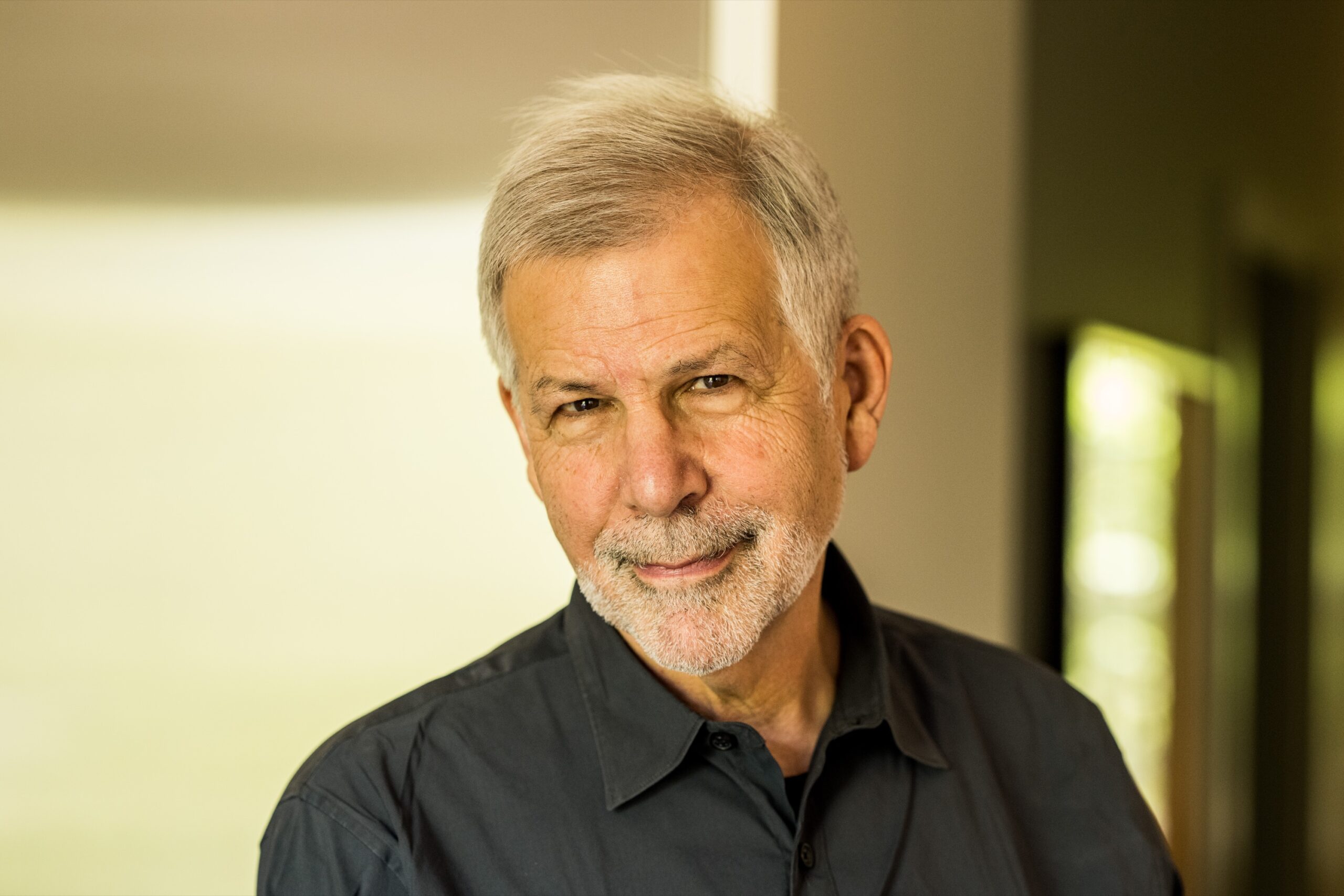
I have taught history at Georgetown since 1999 and have been fascinated by the history of socialism since my days as a New Left activist in college during the late 1960s. I regularly teach courses on other “isms” too, such as radicalism and conservatism in the United States. For twelve years until 2020, I also co-edited Dissent, a leading magazine of the American left, which began in 1954. I have written seven books, the most recent of which is What It Takes to Win: A History of the Democratic Party.
Who May Apply: All first-year students in the College of Arts & Sciences
Requirements Fulfilled:
General Philosophy
Taught by: Huaping Lu-Adler, Department of Philosophy
Course ID: CASS 1491-11
Course Meeting Times: TTh 12:30pm-1:45pm
This course philosophizes about “self” from various angles—what it is, how it is formed and transformed, and how one knows it. We’ll approach these questions with a multicultural lens and from diverse perspectives including (decolonial) feminism and critical philosophy of race. We’ll also explore various “self and x” themes, where x= friendship, familial connections (or ruptures), social media, and more.
ABOUT HUAPING LU-ADLER
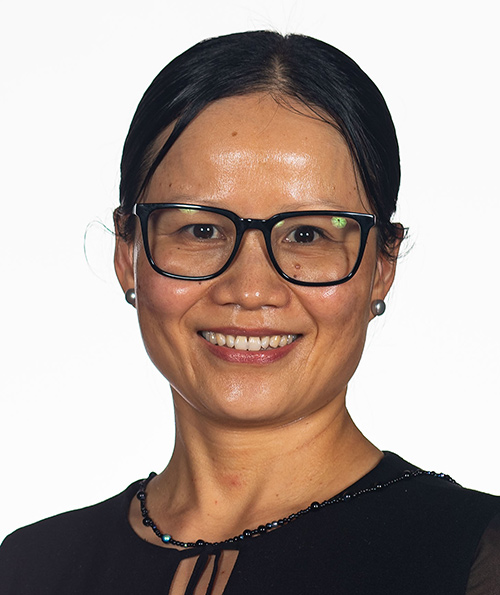
As a woman, an immigrant, a historian of philosophy, and an intellectual trained in both eastern and western traditions, I am interested in how one’s embodied experiences can profoundly influence how one sees and navigates the world. As a professor, I consider it my primary duty to give students the tools they need to live a flourishing and authentic life.
Who May Apply: All first-year students in the College of Arts & Sciences
Requirements Fulfilled:
Humanities: Arts, Literature, and Culture (HALC)
Pathways to Social Justice
One Anthropology major or minor elective
Taught by: Sylvia Önder, Department of Anthropology
Course ID: CASS 1491-12
Course Meeting Times: MW 2pm-3:15pm
This course will examine the myriad ways that language use can shed light on the most human of activities – the making, shaping, and breaking of culture. We will read works translated from several languages, examine controversies about diverse forms of American English, experience the visual language of American Sign Language (ASL) through a visit to Gallaudet University, and, by examining archival documents, consider what is lost when a language goes extinct.
ABOUT SYLVIA ÖNDER
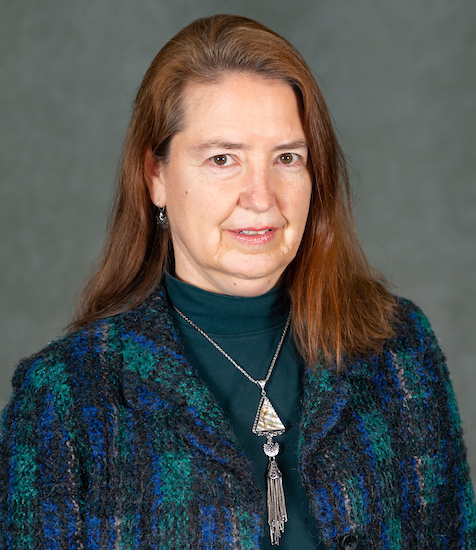
I came to Georgetown in 1998 to teach Turkish language and culture, after writing a dissertation about the healing practices of rural women on the Black Sea Coast of Turkey. Over the course of my time here on the Hilltop, I have come to appreciate the connection between local social justice movements and transnational political concerns. I look forward to sharing insights I have formed while studying and teaching the Turkish language, as well as anthropological insights about the constructed nature of culture and how humans act through and are acted upon by language.
Who May Apply: All first-year students in the College of Arts & Sciences
Requirements Fulfilled:
Humanities: Arts, Literature, and Culture (HALC)
Pathways to Social Justice
Taught by: Nicoletta Pireddu, Director of Georgetown Humanities Initiative
Course ID: CASS 1491-13
Course Meeting Times: MW 11am-12:15pm
Through literary works, movies, and art from all over the world, we will address the multifaceted role of borders in the construction of individual and collective identities, and the relationship between self and other. We will explore borders as bulwarks and sites of conflict, but also as spaces that negotiate differences. Border crossing will be our pedagogical tool, as we step into the other’s shoes. Last but not least, we will cross the borders of our classroom for cultural field trips and culinary experiences — Italian… and, of course, beyond!
ABOUT NICOLETTA PIREDDU
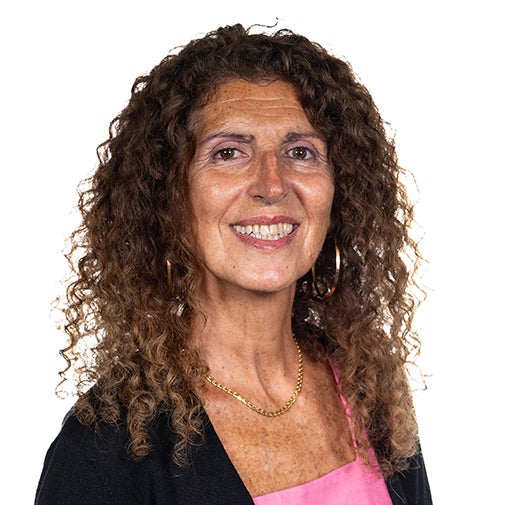
I grew up between the snow-capped Alps and the turquoise Tyrrhenian Sea, with a Sardinian last name and a Venetian accent, trying to fit in to both regional cultures but fully belonging to neither. This is probably how I developed an interest in borders and in the power of literatures and languages to cross them. From Italy to the UK, France, and the US, my academic journey is an ongoing adventure that allows me to continue exploring the complexity of identity and the enrichment of cultural exchanges, with my students and in my research.
Who May Apply: All first-year students in the College of Arts & Sciences
Requirements Fulfilled:
Humanities: Arts, Literature, and Culture (HALC)
Taught by: Paul Elie, Senior Fellow, Berkley Center for Religion, Peace, and World Affairs
Course ID: CASS 1491-15
Course Meeting Times: Th 3:30pm-5:30pm
The literature of our time is rich in accounts of the personal search—books in which author and reader venture forth to make sense of their lives and the world around them. In this course, we’ll discuss acclaimed nonfiction books, and students will write personal essays (aspiring writers welcomed). We’ll aim to understand the search and the ways it can be framed through the art of narrative.
ABOUT PAUL ELIE
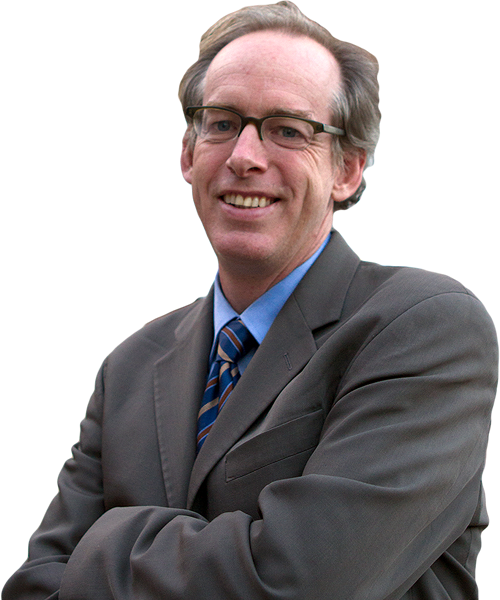
Flannery O’Connor said that the emerging writer is inspired to write not so much by life itself as by the work of other writers. That has been my own experience. In my life as a writer—growing up in upstate New York; exploring the Manhattan literary scene while working with Farrar, Straus and Giroux; teaching at Georgetown—I’ve found that many of the books that mean the most to me are accounts of a personal search. At Georgetown, I see education as a search undertaken by students and teachers together, a search I am eager to take further in this Ignatius Seminar.
Who May Apply: All first-year students in the College of Arts & Sciences
Requirements Fulfilled:
Humanities: Arts, Literature, and Culture (HALC)
Taught by: Michael Kessler, Associate Professor of the Practice, Moral and Political Theory, Department of Government, Executive Director, Berkley Center for Religion, Peace, and World Affairs
Course ID: CASS 1491-16
Course Meeting Times: Th 12:30pm-3:00pm
This Ignatius Seminar explores philosophical and theological visions of craft, labor, and creativity. It examines their connections to moral and political life as a way to think about how our laboring, crafting, and creating is a fundamental part of what constitutes the good life.
ABOUT MICHAEL KESSLER
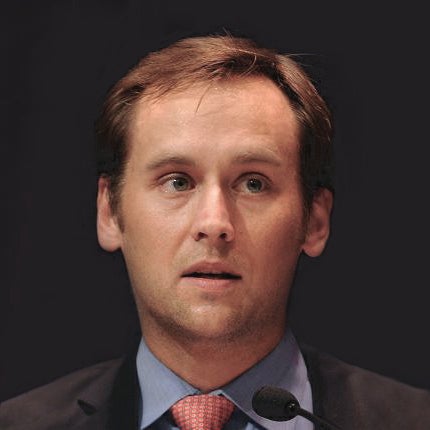
I grew up in the cornfields of Indiana, in a small community of craftspersons and tradespeople. Our self-reliance was a way of life—we built and made things and we made ourselves and our community through that making. Even while I pursued study in theology, ethics, political theory, and the law, I kept building and making, and trying to resolve the tension between what Aquinas called the active and contemplative lives. As an ethicist working with the theological and philosophical traditions of the West, I think about what it means for humans to build their world and pursue the good life in and through these gardening, woodworking, culinary, and construction projects.
Who May Apply: All first-year students in the College of Arts & Sciences
Requirements Fulfilled:
Humanities: Arts, Literature, and Culture (HALC)
Pathways to Social Justice
Core course in the Disability Studies minor or one English major or minor elective
Taught by: Libbie Rifkin, Department of English; Program in Disability Studies
Course ID: CASS 1491-17
Course Meeting Times: TTh 3:30pm-4:45pm
This course will introduce you to Disability Studies, an interdisciplinary field premised on two powerful ideas: that disability is a fundamental aspect of all human experience and that disability has produced a range of identities and communities that merit exploration and celebration. Together, we will examine the role that disability plays in our lives and our culture through the particular lens of care. Individually and as a group, students will critically explore relationships of “care” in the family and in a variety of institutions, from Georgetown to other schools, prisons, congregate care facilities, mutual aid and healing justice collectives, and arts communities.
ABOUT LIBBIE RIFKIN
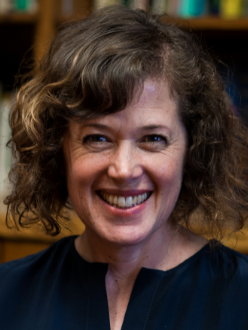
I teach in the Department of English and the Program in Disability Studies, and for most of my career worked as a scholar of modern and contemporary poetry. I came to the field of Disability Studies when my son was born with cerebral palsy because I wanted to understand both his experience and the way our family, and my own sense of identity, changed because of it. I currently support the University’s efforts to make Georgetown fully inclusive of people with disabilities by serving as the first Special Advisor to the Vice President of Diversity, Equity, and Inclusion for Disability.
Who May Apply: All first-year students in the College of Arts & Sciences
Requirements Fulfilled:
Core course in Education, Inquiry, and Justice minor
Pathways to Social Justice
Taught by: Sabrina Wesley-Nero, Program in Education, Inquiry, and Justice
Course ID: CASS 1491-18
Course Meeting Times: T 3:30pm-6pm
What are the implications of anti-Black racism, descendant forms of oppression/exclusion, and the hegemony of whiteness in K-16 curricula? In this course, students examine movements to define/limit the knowledge(s) taught in schools, evaluate their educational experiences, analyze data on others’ educational experiences, and engage in design thinking to create a plan for identity-affirming, effective undergraduate learning.
ABOUT SABRINA WESLEY-NERO
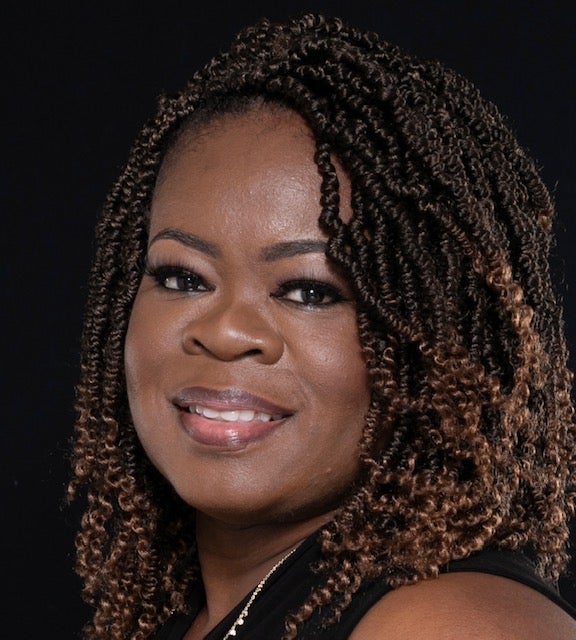
Born and raised in northwestern Florida, I first came to Georgetown as a first-generation, low-income college student. Now I’m back on the Hilltop on the other side of the podium teaching courses at the nexus of education and social justice. My research examines race and language in education, focusing on how educators and students from marginalized identities experience educational justice.
Who May Apply: All first-year students in the College of Arts & Sciences
Requirements Fulfilled:
Taught by: Eleanor JB Daugherty, Vice President for Student Affairs and Rev. Greg Schenden, S.J., Director of Campus Ministry
Course ID: CASS 1491-20
Course Meeting Times: TBD
This seminar will focus on privilege and social justice in higher education, framed in the context of Georgetown’s Jesuit tradition. Students will develop a deeper understanding of Jesuit values and the origins of both American higher education and Jesuit education, as an instrument of access and social mobility. Students will use Jesuit values to acknowledge their privilege and encounter others’.
ABOUT ELEANOR DAUGHERTY
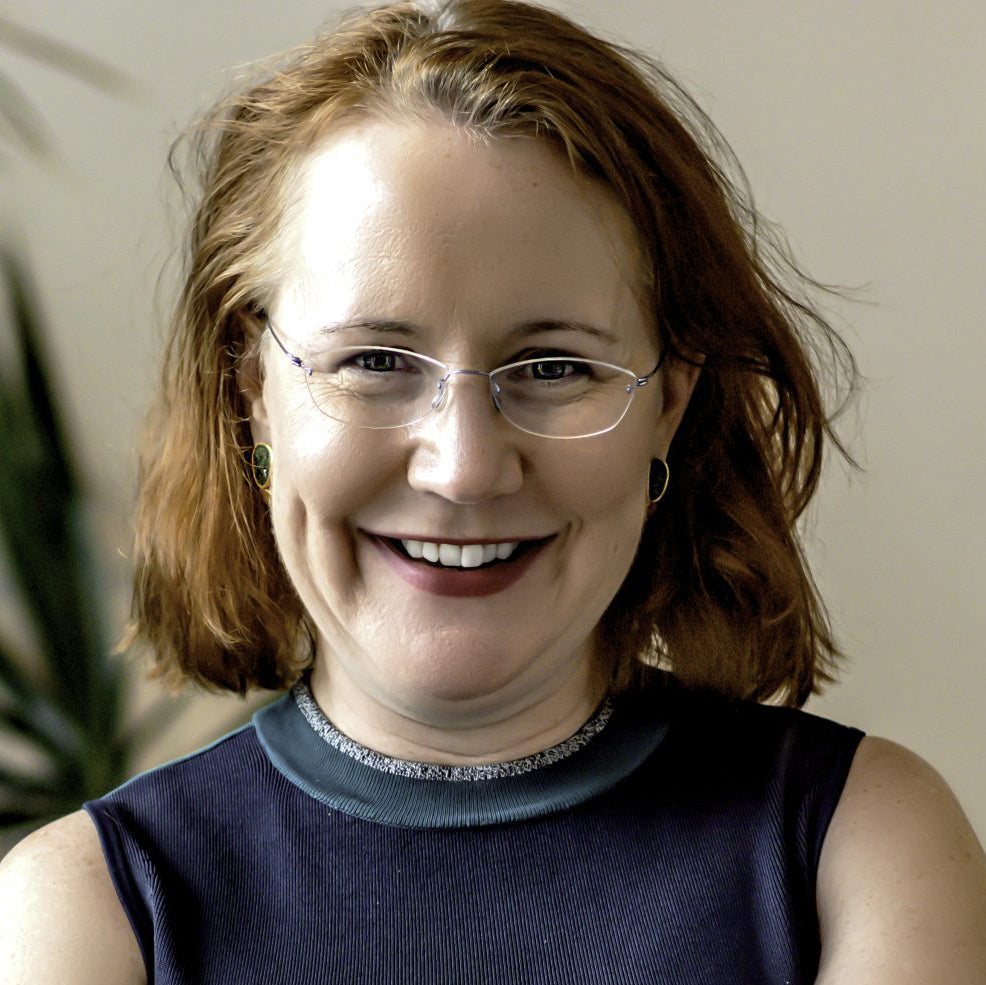
I’m from everywhere (New York, Ireland, Michigan, Chicago, Connecticut, and, now, DC). Home is a relative term to me that speaks more about the company we keep than the address we hold. As our home, Georgetown is the latest stop in finding our way in the world. I like to teach in areas that are “comfortably uncomfortable”: the psychology of belonging, adolescence, conflict, and privilege. When we journey into these topics together, we are able to effectively explore what that means in relation to who and what we will become in a world that needs us (myself included!).
ABOUT REV. GREGORY SCHENDEN, SJ
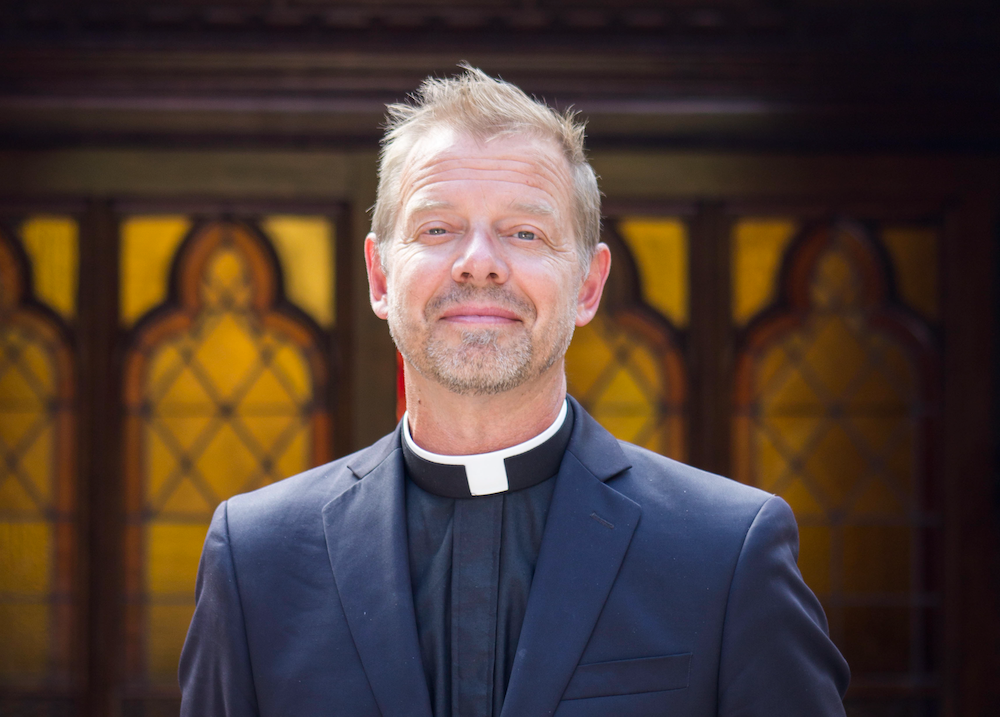
I did not grow up thinking I was going to be a Catholic priest. I’ve always been a big Star Wars fan, so I wanted to be Han Solo, but then I realized there’s no such thing as a Millenium Falcon. I was also big into music, but I can’t sing or play guitar, so that wasn’t going to happen. As an undergraduate student at a Jesuit university, I encountered Jesuits who transformed my understanding of what it means to be a person of faith. I love working with Georgetown students because they desire transformation and the betterment of all people, and that brings me hope on a daily basis.
Contact collegedeans@georgetown.edu if you have any questions about the First-Year Seminars.
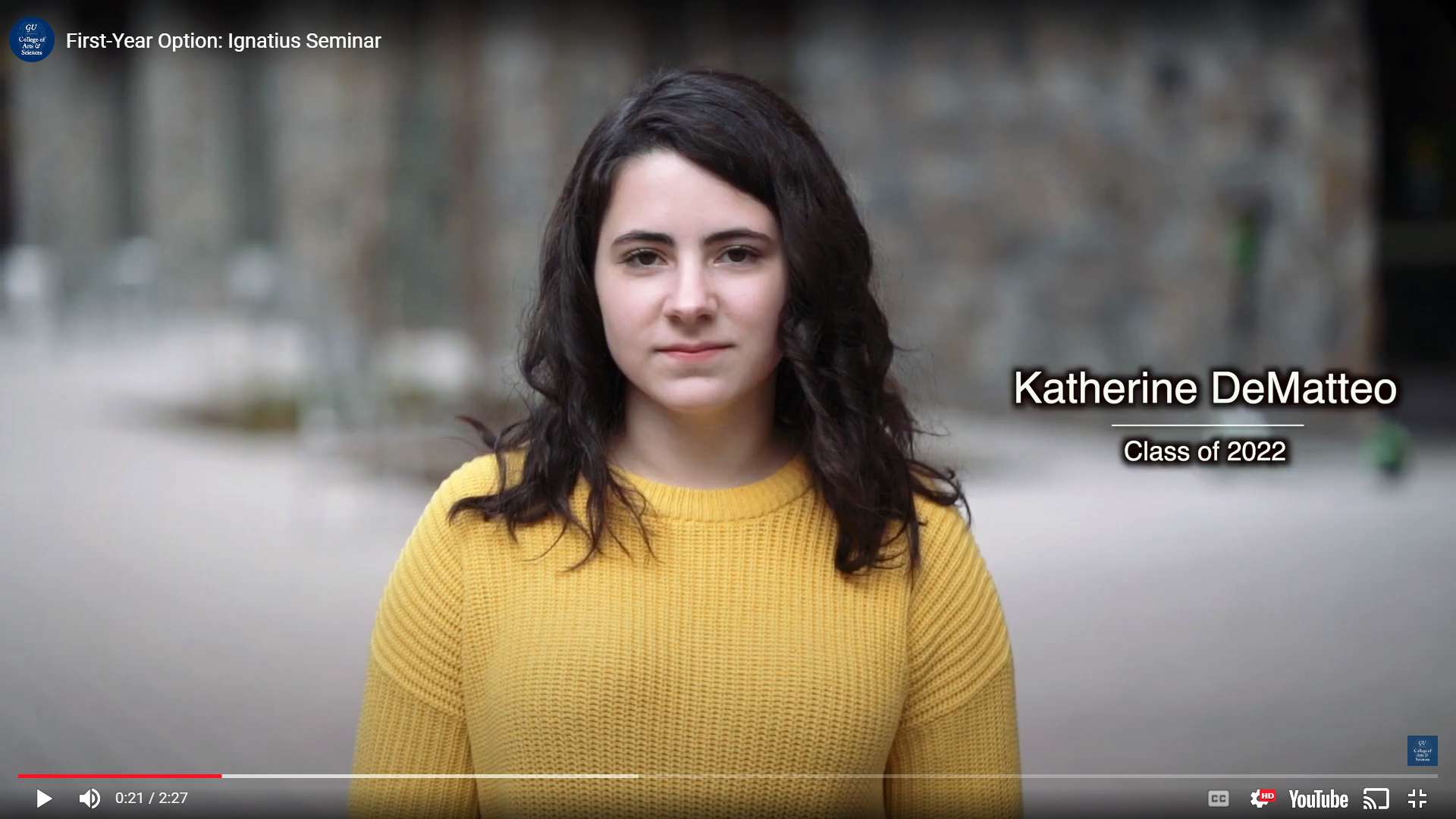
Katherine DeMatteo (C’22)
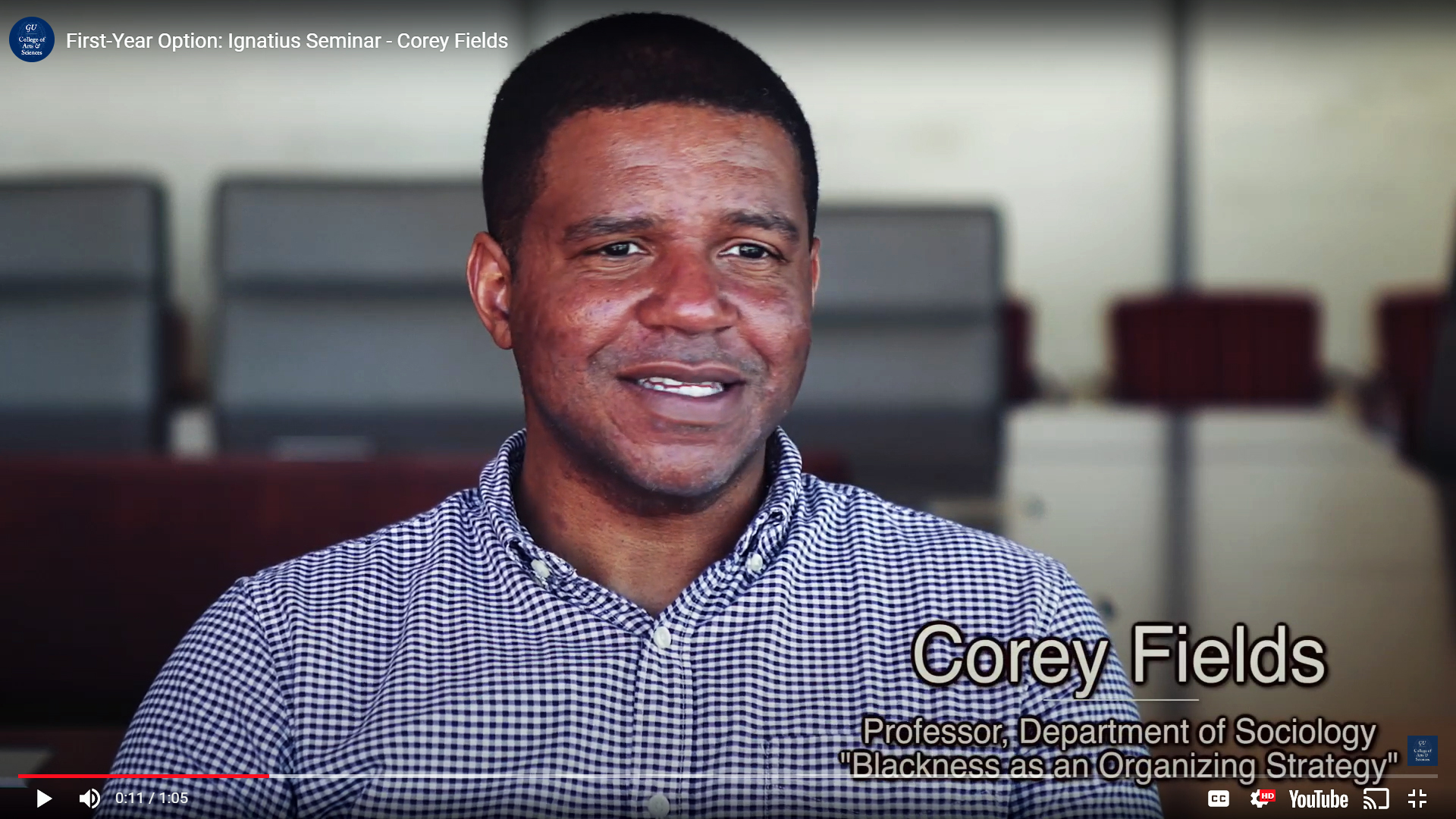
Corey Fields — Professor, Department of Sociology
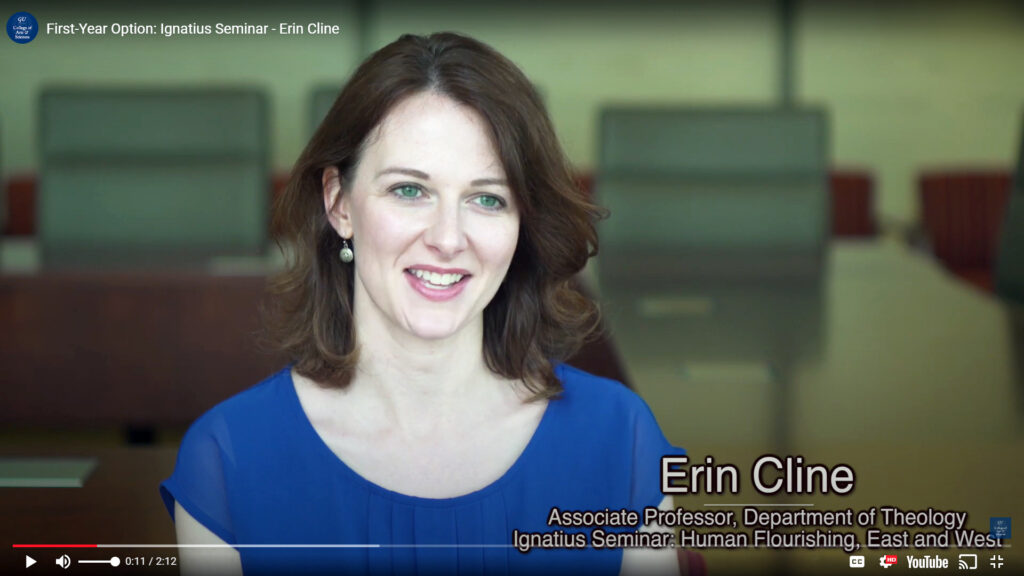
Erin Cline — Associate Professor, Department of Theology
Teaching a First-Year Seminar is the perfect teaching experience. I get to choose a topic that I find fun, important, and interesting, I get to know smart and motivated students, and I have the opportunity to form a supportive and friendly community with them. Working with them as they develop their skills and find their path at the start of their college career is enormously rewarding.
Prof. Tommaso Astarita, Department of History
Applications must be submitted by Wednesday, July 10, 9:00 a.m. EDT in order to be considered.
Applicants will be notified of their selection by Monday, July 22. If you are placed into a seminar, you will build the rest of your fall schedule around your seminar.